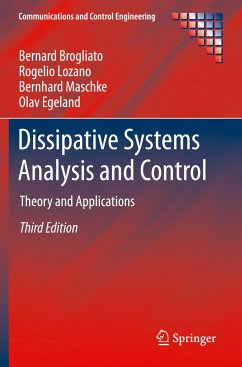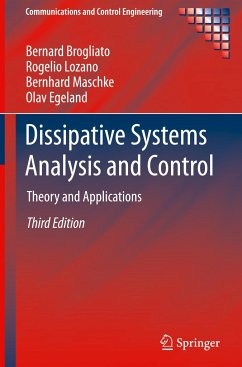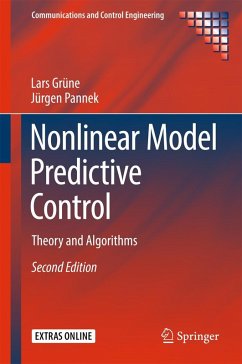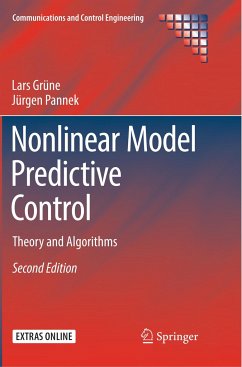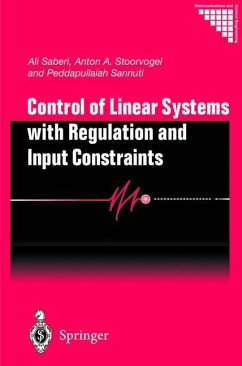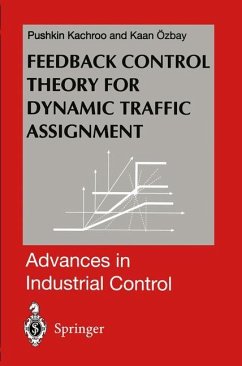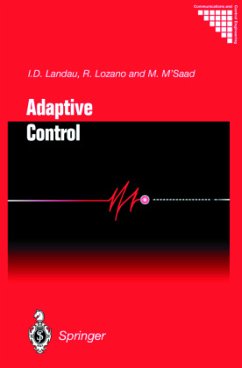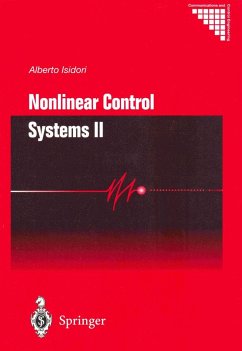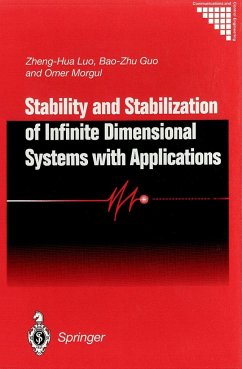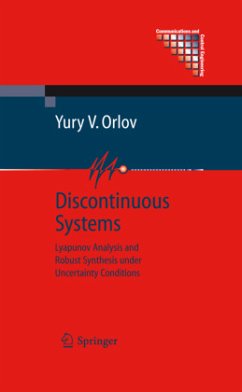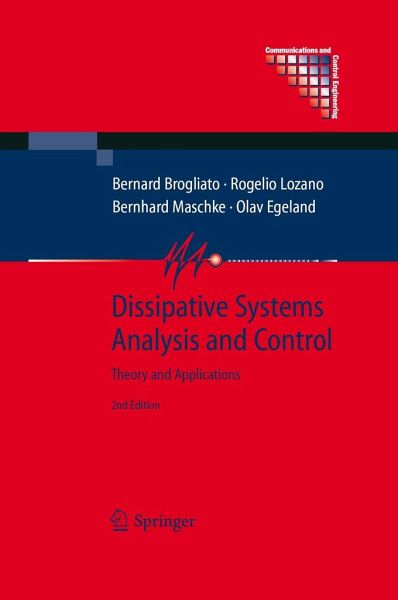
Dissipative Systems Analysis and Control
Theory and Applications
Mitwirkender: Lozano, Rogelio; Egeland, Olav; Brogliato, Bernard
Versandkostenfrei!
Versandfertig in 6-10 Tagen
151,99 €
inkl. MwSt.
Weitere Ausgaben:

PAYBACK Punkte
76 °P sammeln!
Dissipative Systems Analysis and Control (second edition) presents a fully revised and expanded treatment of dissipative systems theory, constituting a self-contained, advanced introduction for graduate students, researchers and practising engineers. It examines linear and nonlinear systems with examples of both in each chapter; some infinite-dimensional and nonsmooth examples are also included. Throughout, emphasis is placed on the use of the dissipative properties of a system for the design of stable feedback control laws. The theory is consistently substantiated by experimental results and ...
Dissipative Systems Analysis and Control (second edition) presents a fully revised and expanded treatment of dissipative systems theory, constituting a self-contained, advanced introduction for graduate students, researchers and practising engineers. It examines linear and nonlinear systems with examples of both in each chapter; some infinite-dimensional and nonsmooth examples are also included. Throughout, emphasis is placed on the use of the dissipative properties of a system for the design of stable feedback control laws. The theory is consistently substantiated by experimental results and by reference to its application in illustrative physical cases (Lagrangian and Hamiltonian systems and adaptive controllers are covered thoroughly).
The second edition is substantially reorganized both to accommodate new material and to enhance its pedagogical properties.
The second edition is substantially reorganized both to accommodate new material and to enhance its pedagogical properties.




